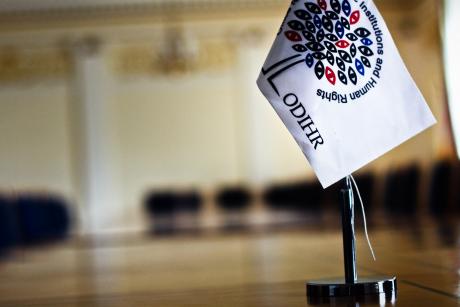ODIHR final report on Albania’s 11 May elections delayed to September

The OSCE-ODIHR final report on Albania’s 11 May parliamentary elections will be published in September, not August as initially expected. ODIHR sources told Albanian media the timeline shifted as the mission continues collecting materials from the opposition; the “ODIHR final report Albania elections” will compile those inputs alongside the mission’s own findings.
Why is this important: Traditionally the ODIHR final report on Albania’s elections serves as a guide for electoral reforms and will set the reference point for any changes before the next vote. With the new parliament’s first session set for 10 September how ODIHR frames its findings will shape both domestic debate and international assessments.
Context: ODIHR’s preliminary statement called the 11 May elections “competitive” but held in a “highly polarized” climate. It said candidates could campaign freely, yet “not on an equal basis.” The European Union welcomed the conduct overall, while acknowledging noted shortcomings.
The ODHIR office in Warsaw confirmed the final report is in the last stage of drafting, summarizing work by the observer mission led by Ambassador Lamberto Zannier. The mission highlighted SPAK’s role and the joint mechanism with the Central Election Commission and the Prosecutor General to detect electoral crimes.
Outstanding issues remain from earlier ODIHR recommendations: depoliticizing election commissions, stronger oversight of party finance, and a comprehensive electoral reform. Socialist officials say they are ready in September to sit with the opposition and launch reform talks that incorporate the “ODIHR final report Albania elections” recommendations.
Political fallout: Democratic Party leaders have filed complaints at home and in foreign capitals and continue to dispute the outcome. In Tirana, critics read the drive as a way for the party chair to avoid the statute’s clause requiring a resignation after a parliamentary defeat. Because candidate lists were packed with loyalists, few internal voices have pushed for a formal post-mortem of what many describe as a tenth straight loss in national and local contests.
What’s next: Once published, the final ODIHR report will provide a detailed checklist for reforms. The majority has signaled openness to align with those recommendations. Whether the opposition engages on substance or keeps the focus on contesting the mandate remains to be seen. Thus far the signals coming from the opposition suggest it will opt for protests and confrontation.


